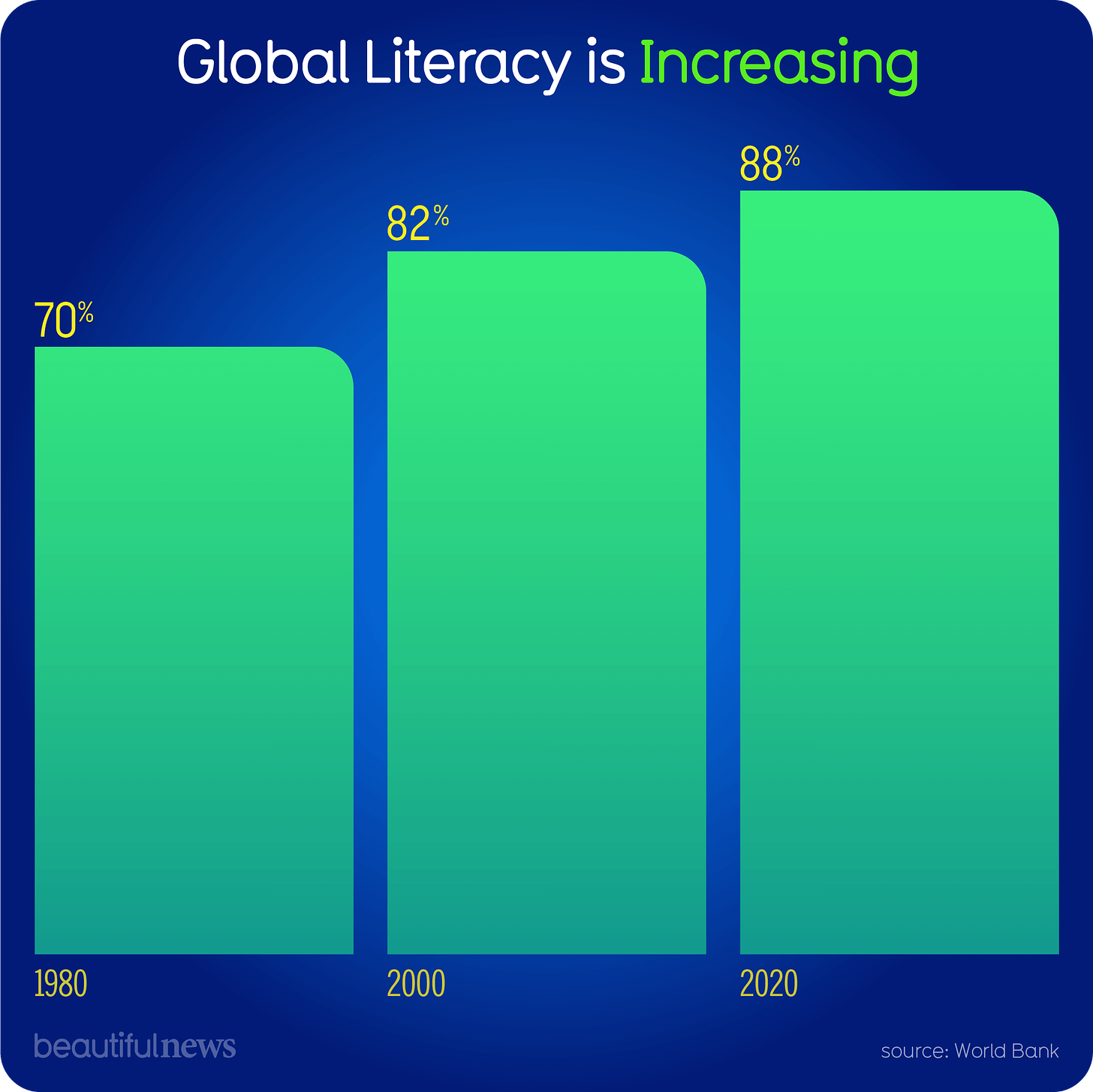Newsletter #11: the Struggle
6 minutes reading time. Thoughts on startups, growth, and technology 🚀
Hey there,
I have decided to "re-brand" this newsletter and call it "the Struggle".
My newsletter started as a project aiming to explore where my passion for content creation will take me, and I find myself more and more inclined to reflect on the difficulties of running a startup.
Having said that, I do not want this to be a negative publication. I do not want the people reading this newsletter to be discouraged from opening up businesses or starting new projects.
On the contrary, I want this newsletter to be a resource for you, and even inspiration at times.
The term "the Struggle" was coined by one of my heroes Ben Horowitz in his book "The Hard Thing About Hard Things".
"Every great entrepreneur from Steve Jobs to Mark Zuckerberg went through The Struggle and Struggle they did, so you are not alone. But that does not mean that you will make it. You may not make it. That is why it is The Struggle."
Every business founder starts a company envisioning success.
But more often than not, founders go through a lot of uncertainty, failures, and problems before (if ever) reaching some level of success.
Sean Parker's answer to the question "how tough is to run a startup?" portrays it pretty accurately:
"Running a startup is like eating glass. You just start to like the taste of your own blood,"
Startups tend to be complicated. The underlying technology moves, the competition moves, the market moves, and you face fierce competition for talent.
And knowing that it's your fault sucks because you hired the people. You made the decisions.
To make things worse, we often think that the things that bother us will upset our teams even more. That's not true. In fact, the opposite is true. Nobody takes the losses harder than the person most responsible. Nobody feels it more than you.
When you are in the Struggle, nothing is easy, and nothing feels right. But if you want to be great, this is the challenge.
As Charles Dickens once said:
"Genius is the infinite capacity for taking pains."
If you don't want to be great, then you never should have started a company.
Articles/podcasts worth checking out:
🎙️ Improv’ingLeadership | Dick Costolo and Peter Levine | a16z Podcast | March 22, 2018 - Leadership is about more than management — there’s also passion, humor, and resilience. Dick Costolo, entrepreneur and former CEO of Twitter, talks with a16z General Partner Peter Levine about the role of improv and imagery in leadership moments big and small.
📝 Which Way Do You Run? | Ben Horowitz | a16z Blog | October 17, 2019 - Most founders and CEOs have a gnarly gut instinct when something is wrong. What do you do with that feeling?
🎙️Competing Against Luck | Clay Christensen, Marc Andreessen, and Steven Levy | a16z Podcast | September 1, 2017 - Many smart businesses know that they could get disrupted, and yet it happens anyway–why? Clay Christensen, the author of The Innovator’s Dilemma, Harvard Business School Professor and the pioneer behind disruption theory, and a16z co-founder Marc Andreessen discuss the theories and frameworks that can help companies survive, in this conversation led by longtime tech writer and editor Steven Levy.
A quote worth remembering:
The Canadian actress, Mary Pickford on failure:
"You may have a fresh start any moment you choose, for this thing that we call "failure" is not the falling down, but the staying down.”
A book recommendation:
Man's Search for Meaning by Viktor E. Frankl - Psychiatrist Viktor Frankl's memoir has riveted generations of readers with its descriptions of life in Nazi death camps and its lessons for spiritual survival. Based on his own experience and the stories of his patients, Frankl argues that we cannot avoid suffering but we can choose how to cope with it, find meaning in it, and move forward with renewed purpose.
Available as an audiobook as well, check it out.
Positive news worth sharing:

Literacy is the essential measure of a population’s education. And global rates are rising all the time. Because younger people are better educated than their elders.
There are still big gaps between nations. But they’re closing. By 2050 they may have disappeared altogether. 100% of global literacy? It’s within reach.
Check out the source here.
Onward and upward 🚀




